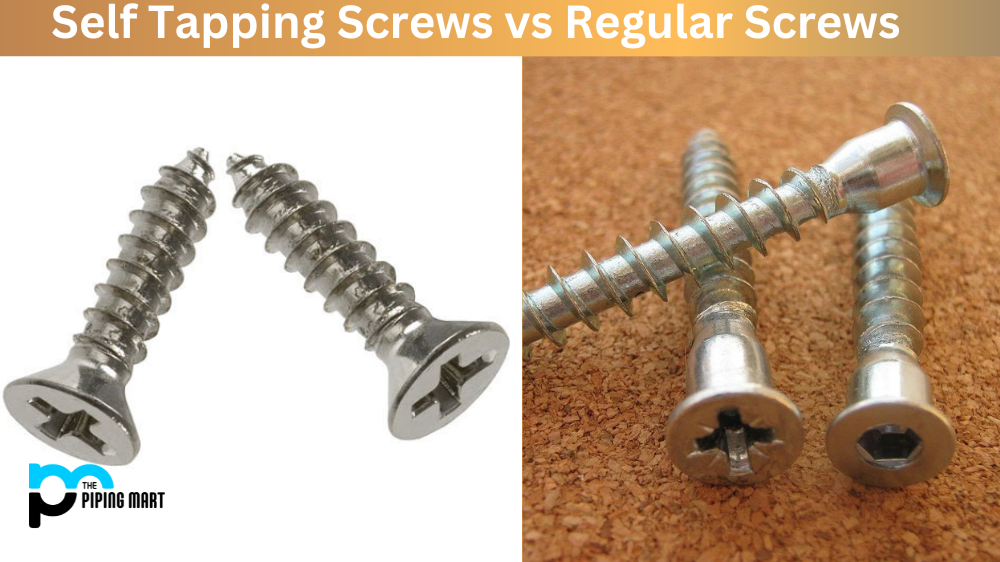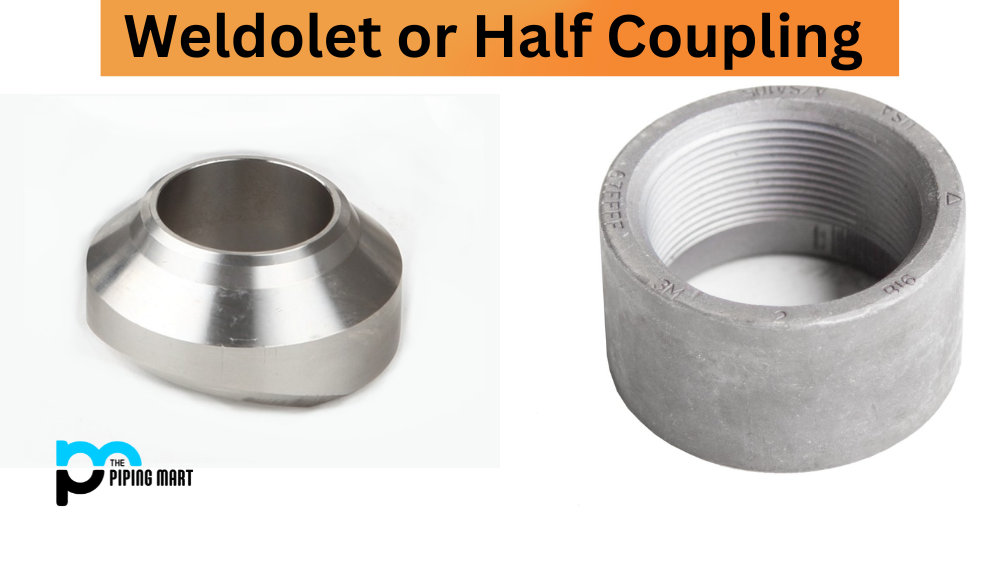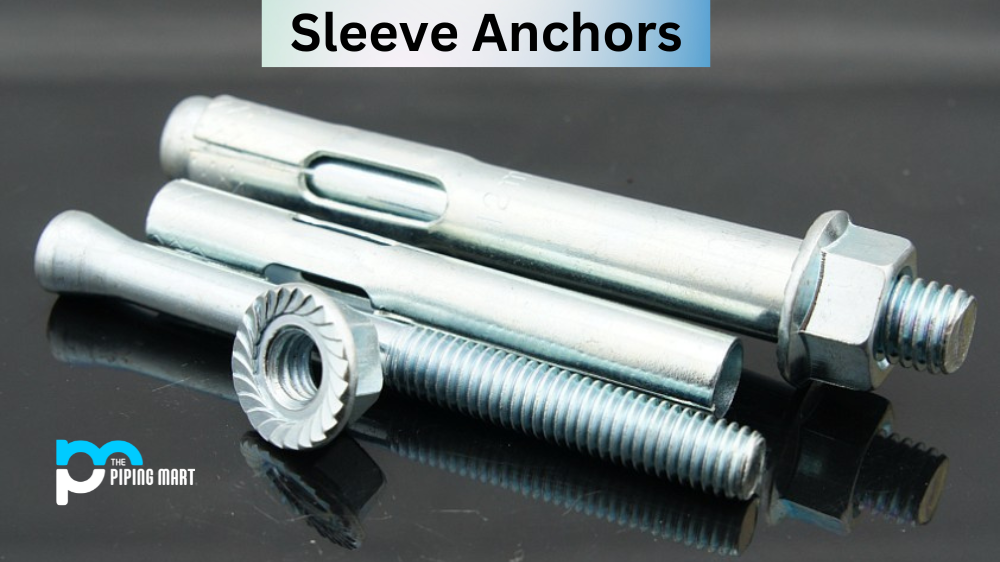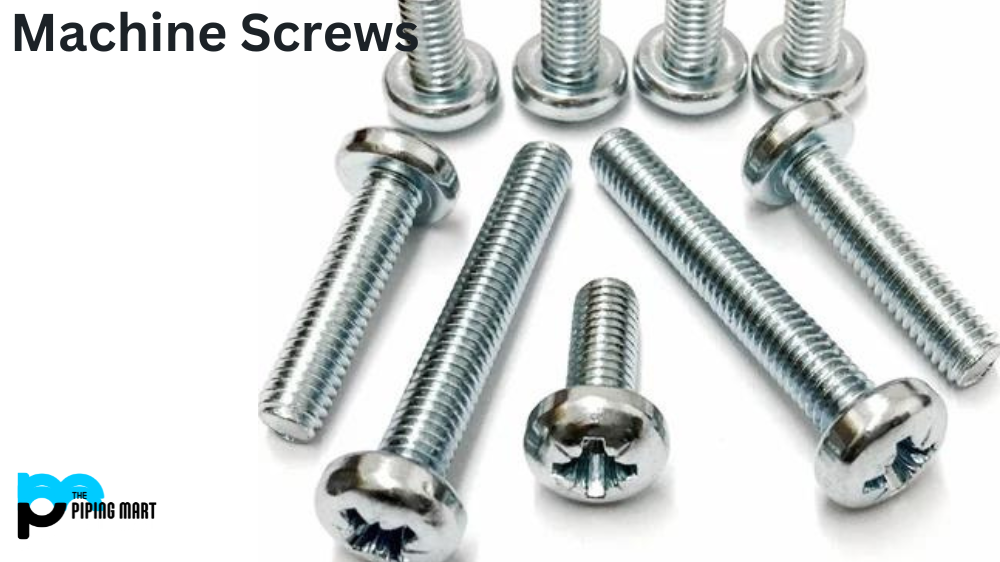Whether you are a DIY enthusiast or a professional carpenter, screws are one of the most essential elements in your toolbox. However, with so many types of screws available in the market, choosing the right one for your project can be difficult. Two of the most commonly used screws in construction are self-tapping screws and regular screws. While both serve the same primary purpose, there are some significant differences between the two. In this blog post, we will explore the differences between self-tapping screws and regular screws to help you decide which is better for your next project.
Self-tapping Screws
Self-tapping screws have a unique ability that sets them apart from regular screws. As the name suggests, self-tapping screws can create their own threads within the material they are going into. This eliminates the need to pre-drill a hole and dramatically speeds up installation. They are often used in metal-to-metal applications, such as attaching sheet metal to a frame or building a metal fence. Self-tapping screws have a pointed tip and a flute-like structure that helps them cut their threads as they enter the material. While they are ideal for metal-to-metal applications, they can also be used in wood and plastic.
Regular Screws
On the other hand, regular screws require a pilot hole to be drilled before installation. They have multiple types of heads, such as Phillips, slotted, or hexagonal. Standard screws are available in various sizes and styles, including wood screws, drywall screws, and concrete screws. They are generally less expensive than self-tapping screws and can be used in multiple applications, including wood, plastic, and metal.
Difference Between Self-Tapping Screws and Regular Screws
Advantages
Another advantage of self-tapping screws is that they offer more robust and secure connections. They create their own threads while inserted, providing a better grip than regular screws. With standard screws, the lines can become worn and damaged over time, especially with regular use. This can cause the screws to loosen and compromise the structure’s integrity. Self-tapping screws are less prone to this type of wear and tear and provide a more durable and reliable connection.
However, there are certain situations in which regular screws may be a better option. For example, if you are working with softer materials such as aluminium, brass, or copper, standard screws could be a better choice. This is because self-tapping screws can easily strip the thread of these softer materials and weaken the hold. Moreover, regular screws are easier to remove without damaging the fabric, making them an excellent choice for temporary applications.
Other Differences
- Self-tapping screws are screws that are designed to create their own threads as they are driven into a material.
- Regular screws, on the other hand, require pre-drilled holes to create threads.
- Self-tapping screws are typically made from harder metals than regular screws, which makes them more durable.
- Self-tapping screws are also less likely to loosen over time than regular screws.
- Finally, self-tapping screws are easier to remove than regular screws, as they do not damage the surrounding material as much when removed.
Conclusion
In conclusion, both self-tapping screws and regular screws have unique advantages and disadvantages. Self-tapping screws are ideal for metal-to-metal applications, create their threads, and offer a more robust and secure connection. Standard screws, on the other hand, require a pre-drilled hole, are less expensive, and can be used in a wide variety of materials. Ultimately, the choice between the two depends on the type of application and the material you are working with. If you are unsure, it is always a good idea to consult with a professional before starting your project.`

Meet Bhavesh, a seasoned blogger with a wealth of knowledge and experience. From metal products manufacturing to retail, Bhavesh has a diverse background in various industries and is dedicated to sharing his insights and expertise with readers.




